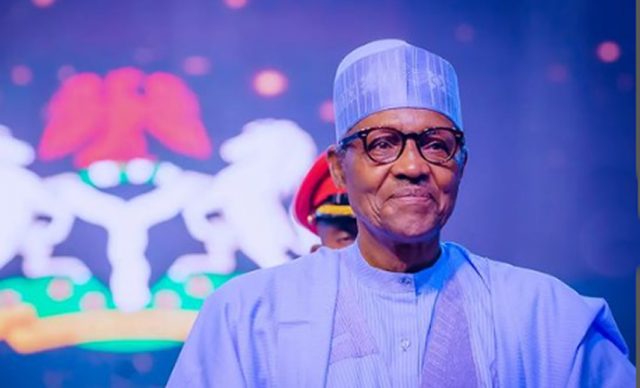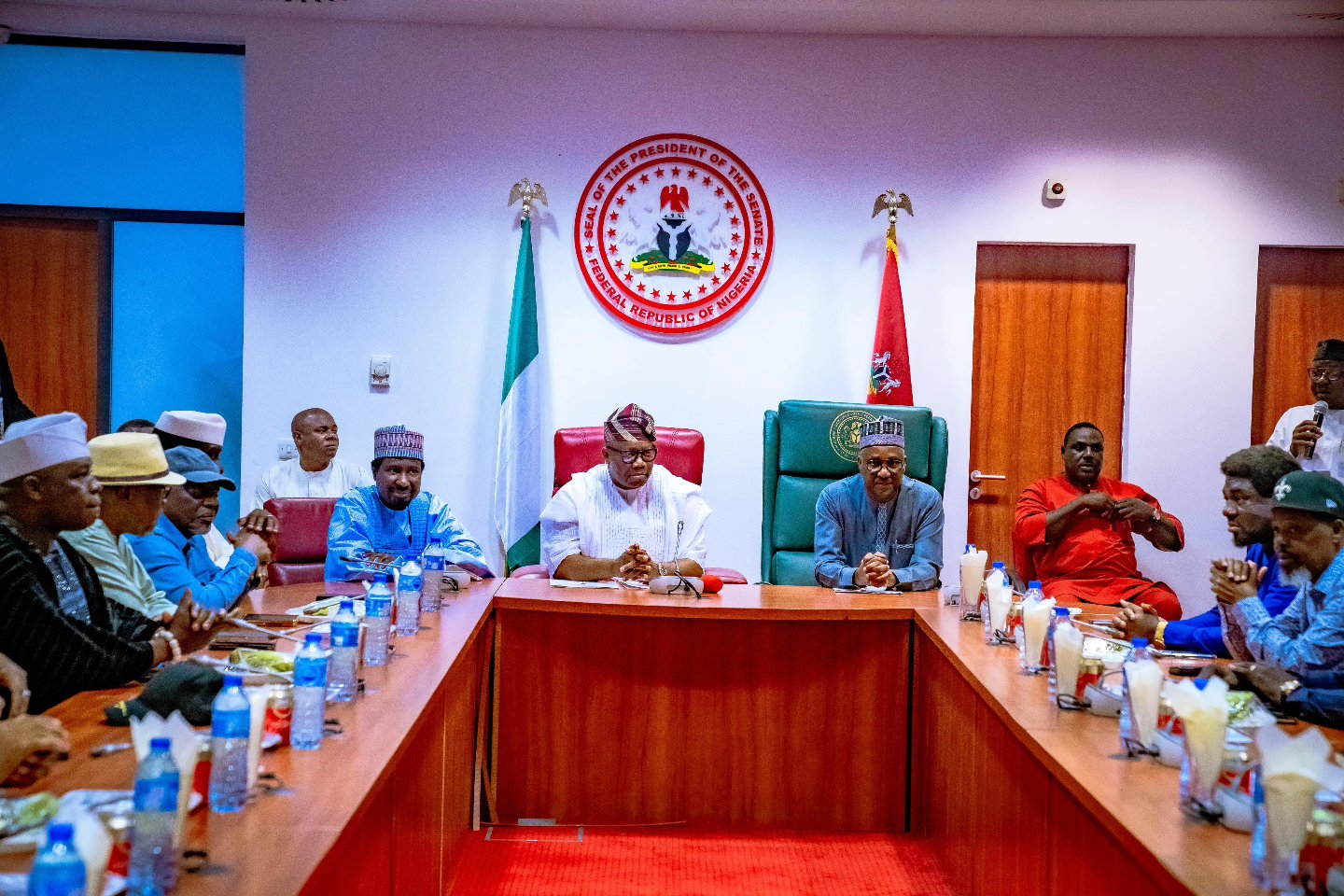News
National Assembly To Embarks On A Quest To Quell Judgment Debts

-
Buhari has sought National Assembly approval to pay judgment debts of $566.7 million, £98.5 million, and N226.2 billion owed by the Federal Government.
-
The debts, totaling N544 billion, will be settled through promissory notes.
-
Legal experts emphasize the importance of obeying court orders.
EKO HOTBLOG reports that President Muhammadu Buhari has written to the National Assembly requesting approval for the payment of judgment debts owed by the Federal Government.
The debts amount to $566.7 million, £98.5 million, and N226.2 billion, which, when converted to the Nigerian currency using the official exchange rates, sum up to N544 billion.
The President’s letter states that the government intends to make the payment through the issuance of promissory notes, which will be redeemed over time through provisions in the federal budgets. The approval of the National Assembly is required for this purpose.
The request for payment of the judgment debts comes just five days before the end of President Buhari’s tenure.
The President addressed the letter to the President of the Senate, Ahmad Lawan, and the Speaker of the House of Representatives, Femi Gbajabiamila.
The letter explains that the Federal Executive Council had approved the liquidation of priority judgment debts and general judgment debts owed by ministries, departments, and agencies. The government has issued debt securities to settle these debts, and the President seeks the National Assembly’s approval for this settlement.
Legal experts and activists have commented on the government’s compliance with court orders. Some argue that the government should not only obey monetary judgments but also judgments related to citizens’ fundamental human rights.
They emphasize that obedience to court orders should not be subject to executive discretion. However, others acknowledge the importance of obeying court judgments, whether they are monetary or related to other issues.
Regarding the government’s request for approval, some experts suggest that the incoming administration should set up a technical committee to investigate the legitimacy of the judgment debts.
They propose that officials responsible for incurring these debts should be held accountable as well. Others highlight the need for the government to develop a strategy to handle such liabilities, as they will remain if left unsettled.
They assert that government is a continuum, and future administrations will have to address these debts if not resolved now.
Despite differing opinions on the timing and context of the debt payments, experts agree that obeying court judgments is a fundamental responsibility of the government.
They stress the importance of ascertaining the reasons behind the accumulated judgment debts and the need for transparency in the payment process. Additionally, they note that President Buhari has the authority to take action until the end of his term, but the incoming administration may review these decisions.
The issuance of promissory notes implies the government’s liability to fulfill these debts, and it is expected that the National Assembly will approve the payment before the end of the current administration.
Advertise or Publish a Story on EkoHot Blog:
Kindly contact us at [email protected]. Breaking stories should be sent to the above email and substantiated with pictorial evidence.
Citizen journalists will receive a token as data incentive.
Call or Whatsapp: 0803 561 7233, 0703 414 5611
















